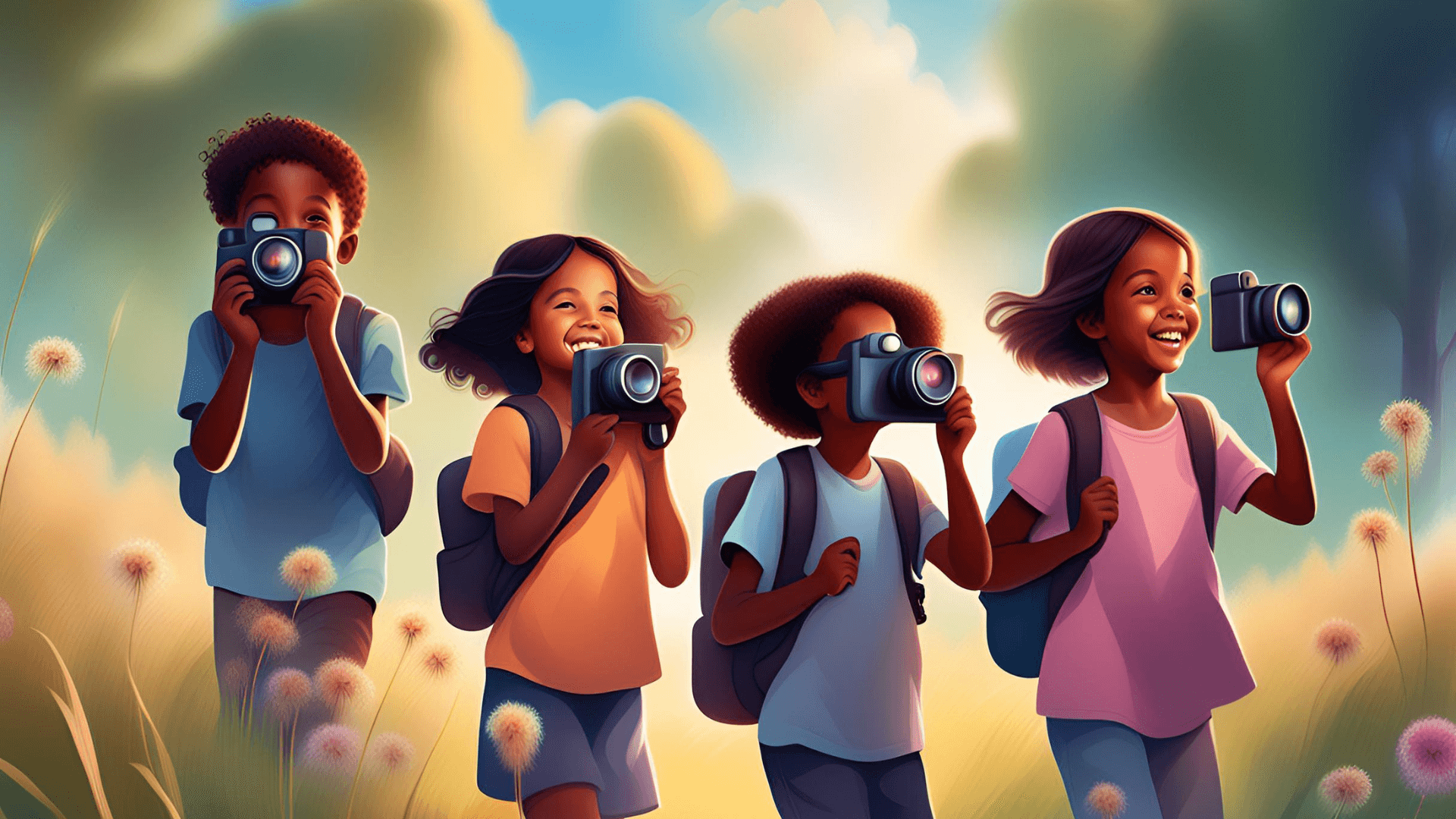Early childhood education (ECE) is evolving rapidly, driven by advancements in technology, neuroscience, and changing societal needs. As we step into 2025, several key trends and best practices are shaping the landscape of early learning.
For educators looking to stay ahead, this guide highlights the latest ECE trends, research-based strategies, and useful resources to enhance teaching and learning.

Top Trends in Early Childhood Education In 2025
1. Personalised and Adaptive Learning
The use of AI-driven platforms is growing, allowing educators to tailor learning experiences to individual children’s needs. Adaptive learning technologies help assess each child’s progress in real-time and adjust instruction accordingly.
📌 Learn more about AI in education: World Economic Forum – Future of Education
2. Play-Based and Experiential Learning
There is a growing emphasis on learning through play, particularly in inquiry-based, outdoor, and sensory-rich environments. This approach is widely supported by experts, including NAEYC, which promotes developmentally appropriate practice (DAP).
📌 Read NAEYC’s research on play-based learning: NAEYC – The Importance of Play
3. Social-Emotional Learning (SEL) as a Core Component
With rising concerns about children’s emotional well-being, SEL programs are now a crucial part of early education. Schools are embedding self-regulation, empathy, and resilience-building activities into daily routines.
📌 Harvard’s Center on the Developing Child provides excellent resources on SEL and childhood brain development:
Harvard – Social-Emotional Learning
4. Integration of AI and EdTech
AI-powered storytelling, interactive apps, and voice-assisted learning tools are transforming early childhood classrooms. However, educators must be mindful of age-appropriate technology use.
📌 Read about technology in early learning on Edutopia: Edutopia – Early Childhood Education Strategies
5. Montessori and Reggio Emilia Approaches Gaining Popularity
More schools are integrating Montessori and Reggio Emilia methods, which focus on self-directed and inquiry-based learning. These approaches align with UNESCO’s emphasis on inclusive and child-centred learning.
📌 Explore UNESCO’s global policies on early childhood care and education (ECCE): UNESCO – Early Childhood Education
6. Focus on Sustainability and Nature-Based Learning
Outdoor classrooms, gardening projects, and environmental education are gaining traction as educators recognise the importance of eco-consciousness and hands-on nature experiences.
📌 The World Forum Foundation has excellent insights on sustainability in early education: World Forum Foundation – Early Childhood and Sustainability
7. Holistic Approaches to Early Literacy and Numeracy
Instead of rote learning, children are now encouraged to develop literacy and numeracy skills through storytelling, real-world applications, and multi-sensory experiences.
📌 For best practices in early literacy, refer to the International Literacy Association (ILA): ILA – Early Literacy Development
Best Practices for Early Childhood Education in 2025
✅ Child-Centred Curriculum
- Use interest-led learning to foster curiosity and intrinsic motivation.
- Incorporate play, movement, and storytelling into daily routines.
✅ Developmentally Appropriate Technology Use
- Limit screen time and ensure that digital tools are interactive rather than passive.
- Use AI-assisted learning to personalise content while maintaining hands-on experiences.
✅ Building Strong Educator Capacity
- Train teachers in SEL, trauma-informed pedagogy, and inclusive education strategies.
- Promote ongoing professional development to keep educators updated with the latest research and tools.
📌 Harvard’s developing child framework is a great resource for educators:
Harvard – Teacher Training Resources
✅ Encouraging Inquiry and Exploration
- Implement project-based learning and real-world problem-solving activities.
- Create environments that allow children to ask questions, experiment, and explore freely.
✅ Mindfulness and Well-Being Practices
- Incorporate mindfulness exercises, breathing techniques, and yoga to help children self-regulate.
- Design flexible classroom spaces that promote calmness and focus.
📌 Edutopia’s SEL resources include practical classroom strategies:
Edutopia – Social and Emotional Learning
✅ Stronger Home-School Collaboration
- Develop parent education programs to support children’s learning at home.
- Use apps and digital platforms to share progress, activities, and resources with families.
📌 The National Head Start Association (NHSA) offers useful family engagement strategies: NHSA – Parent Engagement
✅ Culturally Responsive Teaching
- Integrate diverse books, music, and traditions into early learning experiences.
- Encourage multicultural exchanges through storytelling and art.
✅ Sustainable and Outdoor Learning Opportunities
- Use nature-based play, gardening, and eco-friendly initiatives to connect children with the environment.
- Design learning spaces that encourage physical movement and exploration.
📌 Learn more about the benefits of outdoor learning from UNESCO: UNESCO – Nature-Based Learning
Conclusion
The future of early childhood education in 2025 is holistic, inclusive, and technology-enhanced. The focus is on nurturing curious, emotionally intelligent, and socially aware learners while balancing innovation with hands-on, play-based experiences.
By integrating these best practices and trends, educators can create engaging, developmentally appropriate, and future-ready learning environments.
🔍 Looking for more insights?
Ekya PDI: A Standout Program
The PG Diploma in Early Years Education offered by Ekya Professional Development Institute exemplifies how self-paced learning and internships can be seamlessly integrated. This program is tailored to equip educators with specialised skills in early childhood education while providing practical exposure through internships. The flexibility of self-paced learning ensures that educators can balance their professional and personal commitments effectively.
👉 Explore our Diploma in Early Childhood Education and Development programme at Ekya Schools to gain the skills and knowledge you need to succeed.
